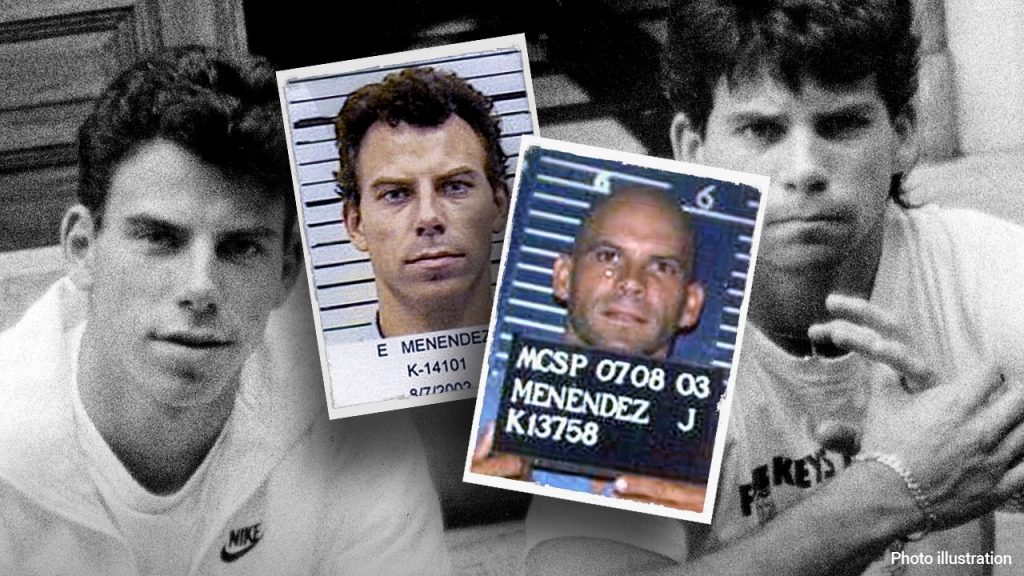The Menendez brothers, Erik and Lyle, have been in prison since the 1990s after being convicted of brutally murdering their parents in a shotgun massacre in 1989. Despite being sentenced to life without the possibility of parole, their defense attorneys, along with celebrity Rosie O’Donnell, are rallying outside the Hall of Justice to call on District Attorney George Gascón to push for a new sentence that could set them free before the end of the year. The brothers’ lawyers argue that they should have been convicted of manslaughter instead of murder, which would have already allowed their release from prison. They have filed two efforts toward release earlier this year, including a habeas petition and a petition to Gascón under new California laws.
The brutal nature of the murders, whereby the brothers accused their father of sexual abuse before firing multiple shots, has led to intense debate surrounding their sentencing and potential release. The crime scene was described as extremely gory, with one forensic specialist recalling the brutality of the murders that led to the brothers being incarcerated. At the heart of their appeal is a letter from Erik Menendez to his cousin, written before the murders, containing evidence of their father’s alleged sexual abuse. This letter has been presented to bolster claims of abuse and counter the prosecution’s argument that the brothers were motivated by a desire to live a lavish lifestyle.
The reassessment of the Menendez brothers’ case under new evidence and California laws has created an opportunity for potential resentencing and the brothers’ eventual release. District Attorney George Gascón has signaled his openness to reducing their sentence, suggesting the possibility of parole if they are resentenced to anything less than life without parole. Family members of the brothers and their slain parents have gathered to support their release, arguing that evidence of abuse would have played a larger role in their defense had the trial taken place today. The brothers’ exemplary behavior in prison over the years has been highlighted as a significant factor in their potential resentencing.
As the Menendez brothers, now in their 50s, await the outcome of their appeal and potential resentencing, their supporters continue to advocate for their release. The family’s meeting with Gascón’s office is seen as a pivotal moment in their quest for resentencing, with the possibility of the brothers being home as early as Thanksgiving if successful. Despite years of exhausting all potential appeals and accepting their fate in prison, the brothers’ attorneys remain hopeful for a new outcome that could grant them freedom. The case of the Menendez brothers remains a controversial and polarizing example of the complexities surrounding criminal justice and the possibility of redemption.


